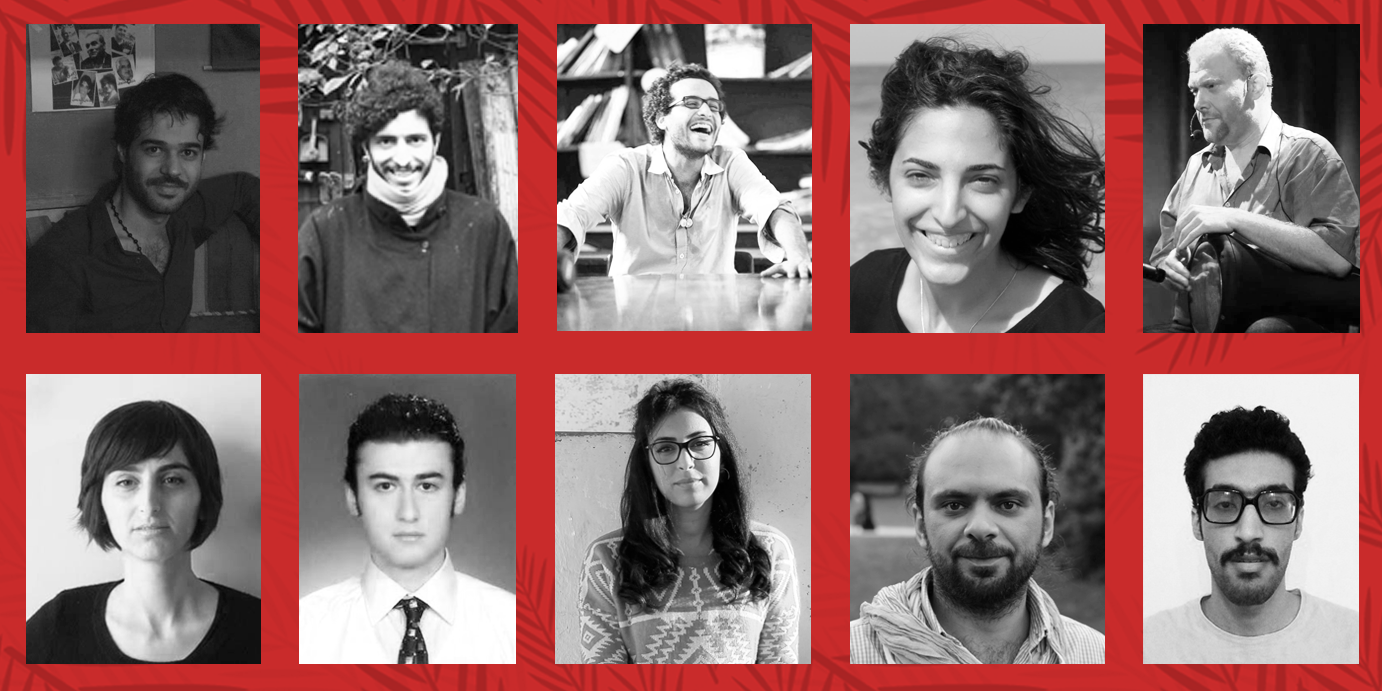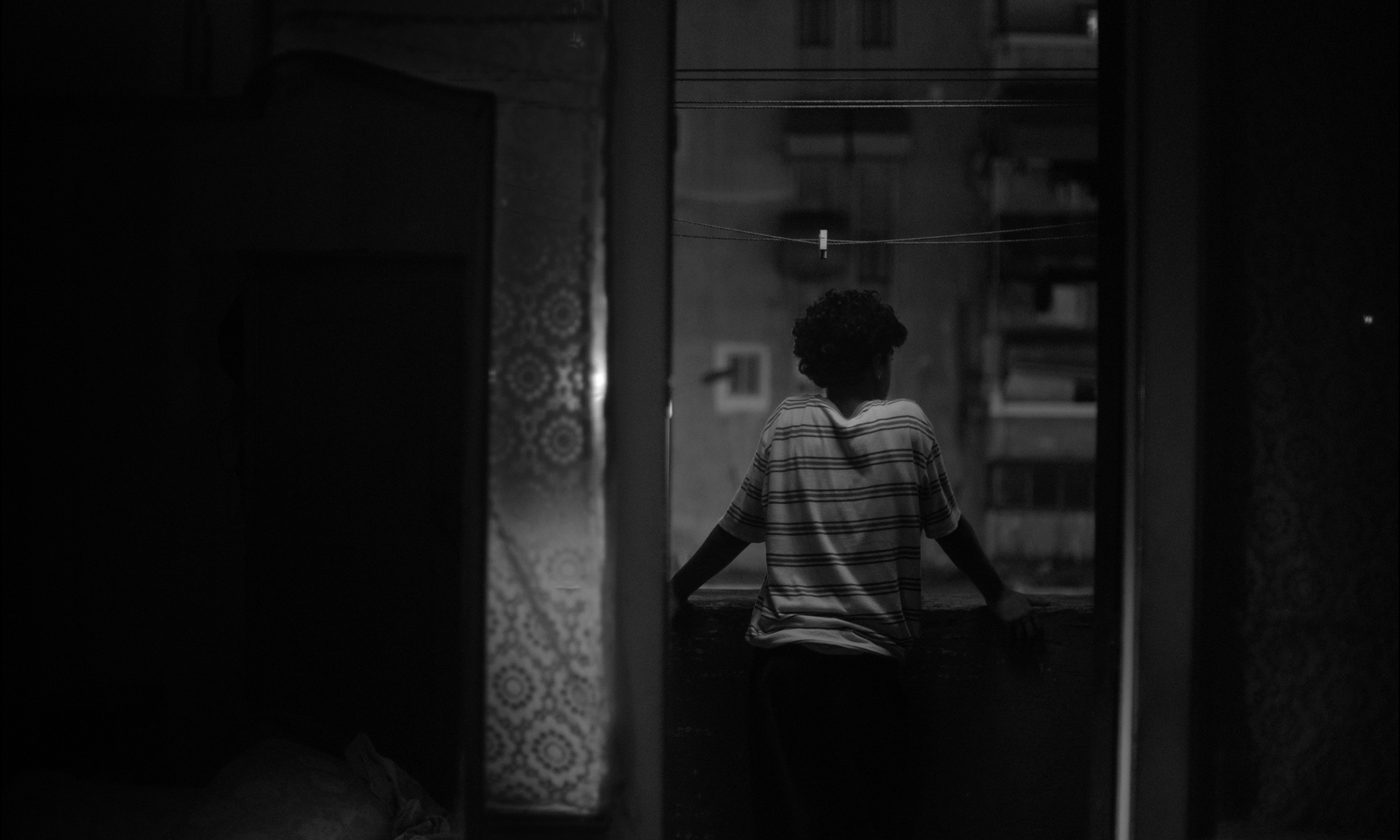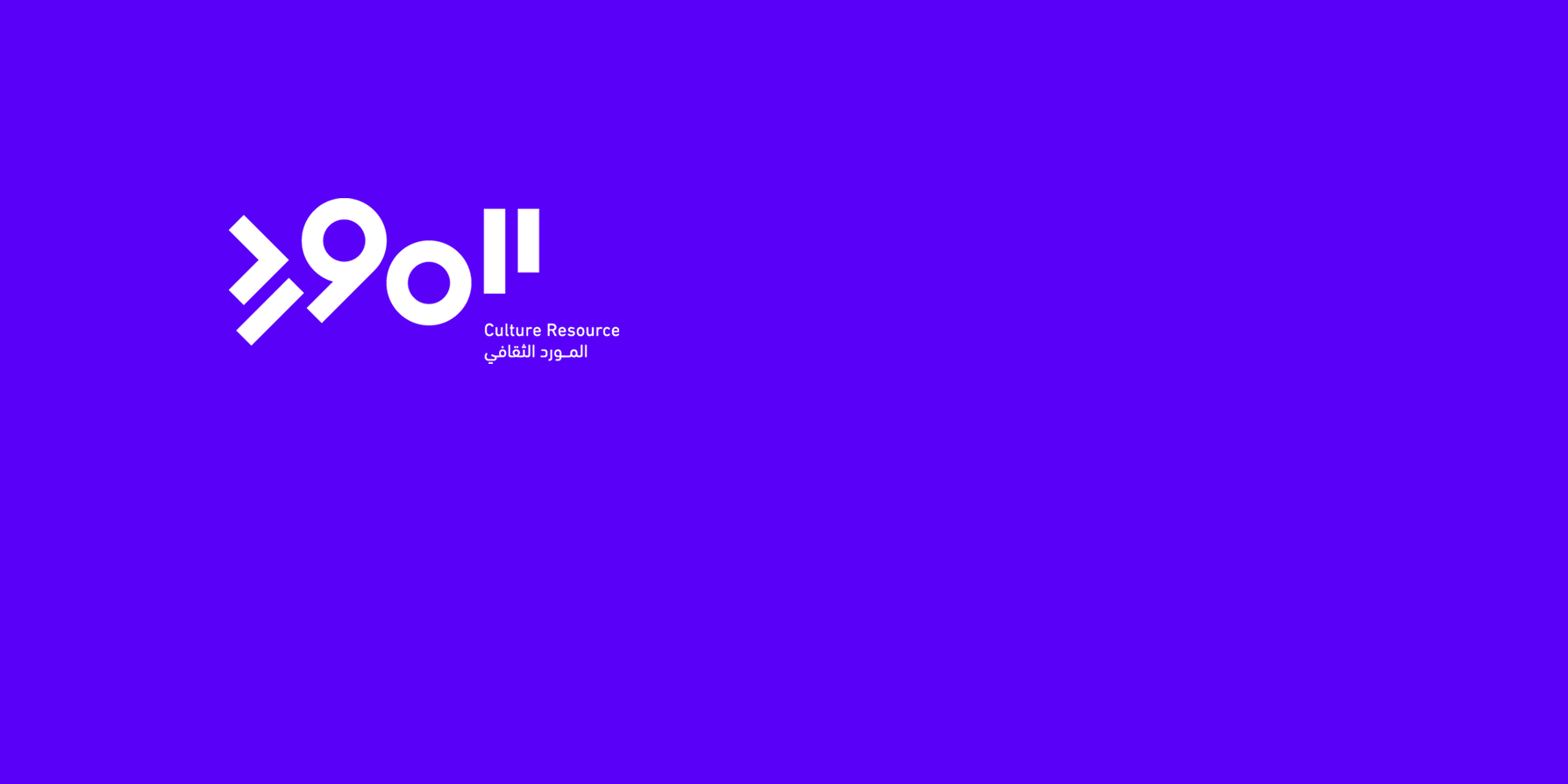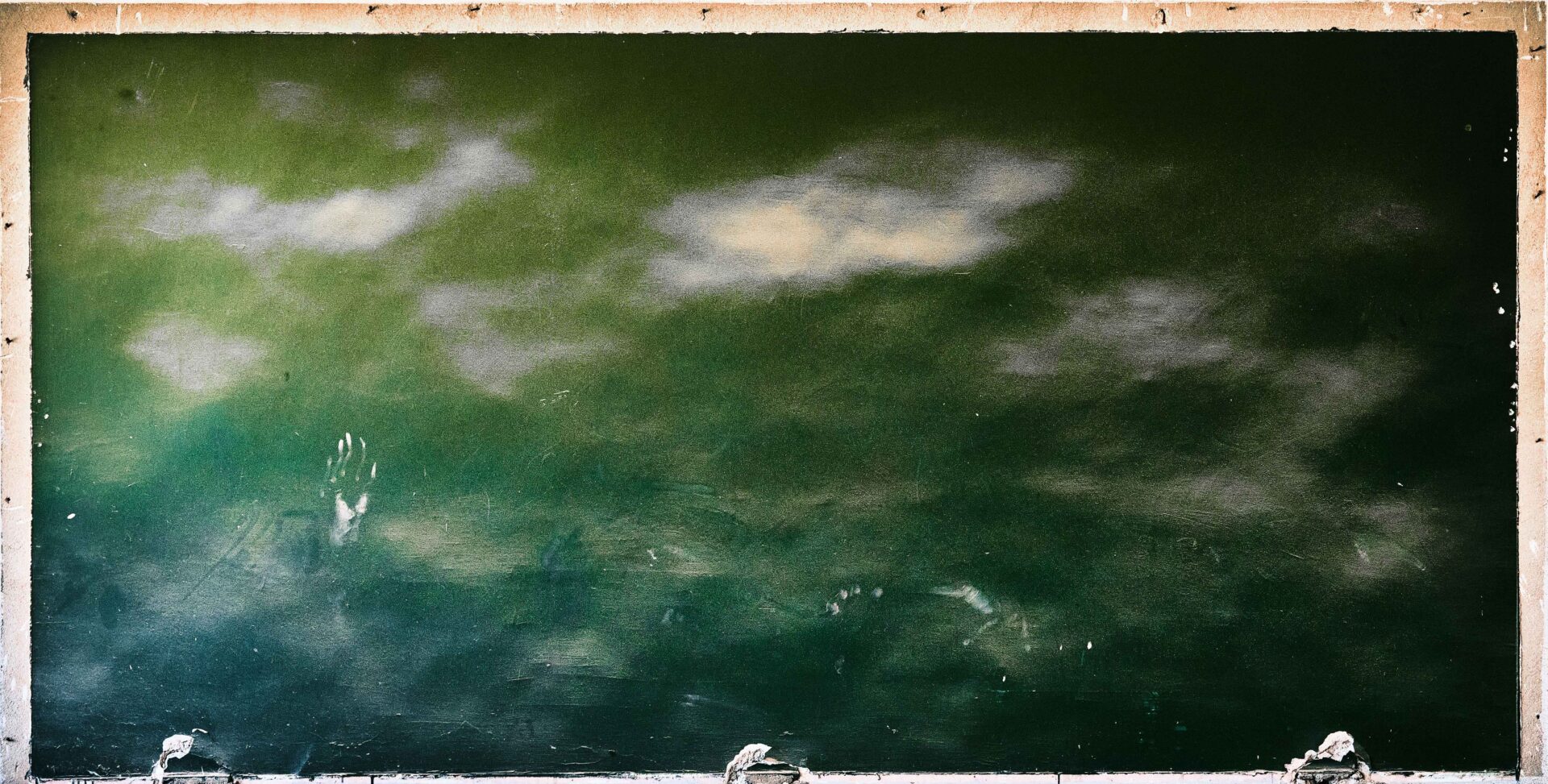Literature:
Yamen Hussein
Syria
Project: 3439 km
A three-part anthology of poetry interspersed with drawings of imaginary maps. The general themes of the three sections are: Internal Exile, Waiting and Apprehension, and Arrival and Final Exile. The verse and prose poems condense the changes and shifts between different types of exile, whether stationary or mobile, experienced by most Syrian people. The poetry also captures how major life concepts and the senses conveyed by simple everyday words have changed meaning: the grave, the city, mother, the nation, Facebook. The texts neither indulge in melancholia or avoid nostalgia. They are alive with anger, longing, love and engage daily with everything to do with the here and now of exile and the there of homeland and war.
Mohamed Tareq Mohamed El Hagg
Egypt
Project: No One Sympathizes With the City’s Cats
A short story collection. In the first story, the protagonist struggles with his sense of challenged manhood in the face of a domineering girlfriend until he confronts a situation that compels him to act in an unfamiliar way. The second features a woman who returns to her marital home to pick up something of her belongings after a divorce and then finds herself haunted by long-deferred questions concerning her severed relationship. In the third, an unintentional random act propels a university professor into the midst of a conjugal drama while the protagonist of the fourth story wavers over embarking on a new relationship after a long and stressful separation. In the fifth story, a divorcee indulges in a series of sexual adventures until she realises the futility. The sixth and last relates the story of a man who mistakenly phones his former mother-in-law, decides to visit her and meets his former wife by accident. All stories take place after 2013 and the defeat of the revolution. They explore the harsh transformations in the city and its inhabitants and how their lives are affected by events that may not be visibly present in these narratives but that have a powerful impact on their interpersonal relations.
Music:
Ali Asaad
Syria
Project: For the Love of Ataba
The project involves using Syrian folk music as the core material for works performed in the form of European chamber music. The ensembles consist of a first and second violin, viola, cello and bass, as well as a classical guitar, some oriental percussion instruments and vocalists. The concept of the project emerged after a year and a half of study and analysis of numerous Syrian folk songs and folk tunes. While taking the chamber music form, the works preserve the basic elements that define the identity of the folk music that inspired them.
Rami El Jundi
Syria
Project: Oumi Ensemble
Its is the first album of the Oumi ensemble which was formed in 2014. Based in Beirut, its members are Rami El Jundi (composer, oriental percussion instruments), Nobuko Miyazaki (composer, flute and shinobue), Ruedi Felder (double bass) and Mohannad Nasser (composer, oud). The album will feature nine original works by the members of the ensemble who hail from different cultural and musical backgrounds. The project is inspired by a special contemporary artistic vision that is based on methodically conceived fusions and explorations of compositional overlaps between the rich musical legacies of the countries and cultures of the east.
Theatre
Dalia Taha
Palestine
Project: Land
A musical theatre project that engages the collective input of a playwright and theatre director and a team of singers and musicians, the work tries to expand the lyrical, musical and dramatic horizons of musical theatre as it explores the idea of the city and its absence. What remains of a city after it has been entirely wiped of the map, it asks. How does a place continue to exist through the body? The protagonists are three women named after cities they know nothing of or from which they had been expelled and who return to an imagined city. The title of the work – “Land” – encapsulates the moment a city is entirely destroyed and is reduced from a being a place and a social space to level ground which, here, alludes to a barrenness, a void in which the city has lost its communal body, but a place that still holds potential.
Wessam Talhouq
Syria
Project: Nora
A play based on a contemporary Syrian text called “Family Statement”, it will be staged in Hannover in collaboration with Theaterwerkstatt. The play speaks of the attrition on people’s personal lives exacted by five years of warfare in Syria. After years of wavering over whether to stay or emigrate, Nora goes to a government office to obtain a “family statement”and she discovers that the certificate contains names of family members she had never heard of. The image that she had always had of a close-knit and happy family suddenly collapses as all the problems, ailments and rottenness erupt from behind the rosy facade. Now she is confronted with another dilemma: whether to conceal the information in order to sustain the illusion of family cohesion or to reveal the truth and risk the breakup of her family.
Visual Arts
Reem Helou
Syria
Project: Balkan Route
“It’s a miracle that we survived!” This was our first thought when we reached our destination after having crossed the Mediterranean and the Balkan countries. Yes, it was miraculous that we – three young Syrian women – survived and this project is an attempt to relate the story of this miracle. The project is a comic book recounting the journey that two friends and I took after realising that it was no longer possible to remain in Syria. We set off from Damascus to Germany on 24 September 2015 and made our way through Turkey, across the sea to Greece, and then through the Balkans and eventually to Germany where I am currently residing. During the journey, I maintained a detailed diary, chronicling events by date and hour, recording impressions of the countries we passed through and documenting it all with photos. This now will serve to produce my project which is to transform that journey into a story in comic strip form.
Randa Maroufi
Morocco
Project: Stand-by Office
A film portraying various people in an office block, performing the gestures of their daily routines. We observe a receptionist speaking on the phone, an office worker sorting files, people in a business meeting. Soon we begin to notice certain unusual movements and gestures that alter our relationship with that common space.
Film
Mohamed Ali Ltaief
Tunisia
Project: Philosophers Republic
An experimental documentary, combining video and animation, that focuses on the transitional periods in the Arab revolutions, but far from the perspective of the official narratives of the Arab Spring. The filmmaking team explores the pursuit of the utopia of “freedom” and its ramifications in the Arab world and abroad, in Switzerland and Germany in particular, to which millions of refugees have fled from the warfare and strife in Libya, Syria, Iraq and Yemen.
Tamer Eissa
Egypt
Project: Generations
Sirat Abu Zeid Al Hilali or the epic of the Bani Hilal is an oral lyrical narrative consisting of around a million verses. Sayed el-Dawi (1933-September 2016), poet, story-teller and oral narrator, had committed all these to heart and narrated them. El-Dawi, who was illiterate, said that his improvisations during the narrative process brought the verses up to five million. In effect, he created a huge, permanently open book in his memory, any part of which he could turn to and pick passages to recite or sing. Even when el-Dawi speaks of his life, experiences or daily activities, one sensed traces of the epic tales woven into his words and the spirits of their heroes wafting through the clouds of his cigarette smoke.
The jury members for this round were:
Literature:
Mohammed Berrada (Morocco): Novelist and critic
Mansoura Ezzedine (Egypt): Writer and journalist
Hassan Daoud (Lebanon): Writer
Music:
Kamilya Jubran (Palestine): Singer and musician
Fathy Salama (Egypt): Composer and pianist
Jasser Haj Youssef (Tunisia): Violinist, composer and musicologist
Theatre:
Moez Mrabet (Tunisia): Theatre director
Amal Omran (Syria): Actress and theatre director
Laila Soliman (Egypt): Theatre director
Visual Arts:
Sanaa’ Tamzini (Tunisia): Visual artist
Tammam Azzam (Syria): Digital artist
Hani Rashid (Egypt): Visual artist
Film:
Essam Zakaria (Egypt): Film critic
Abderrahmane Lahy (Mauritania): Filmmaker and actor
Fawzi Bensaidi (Morocco): Filmmaker and actor





